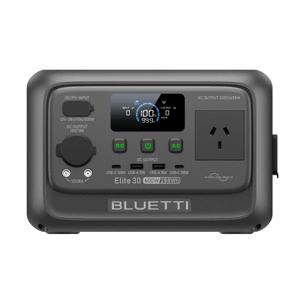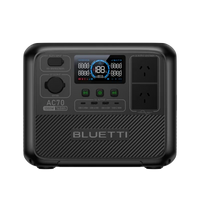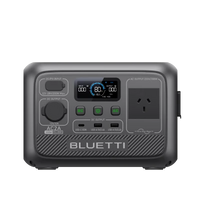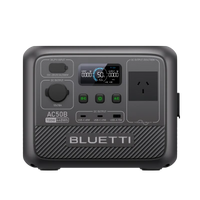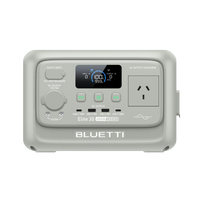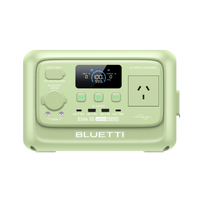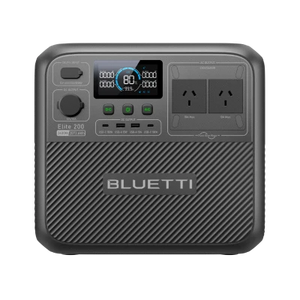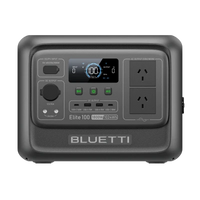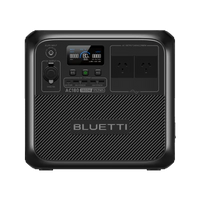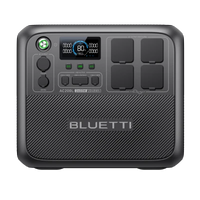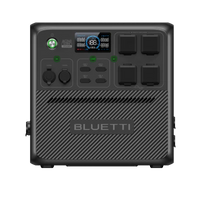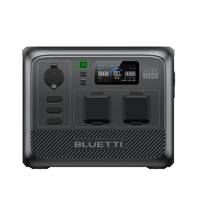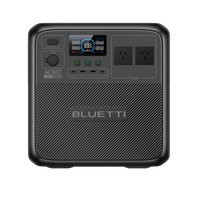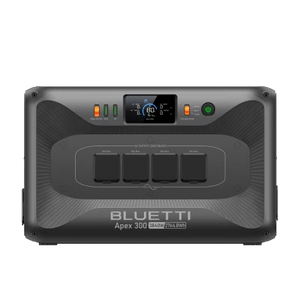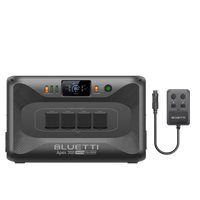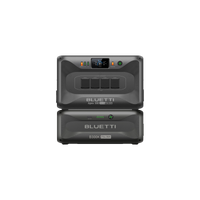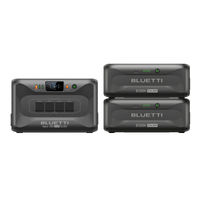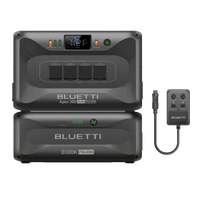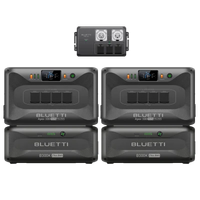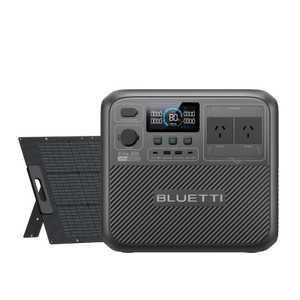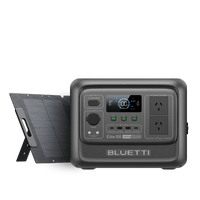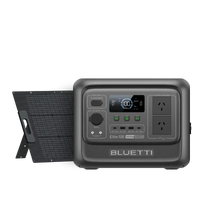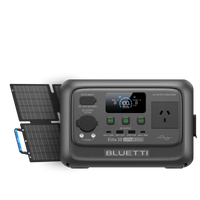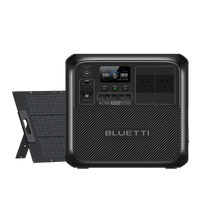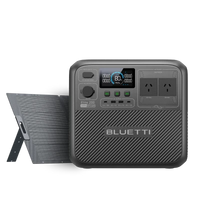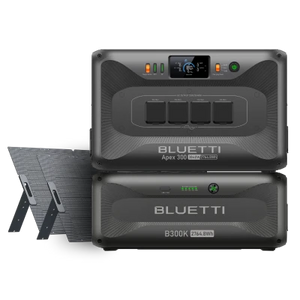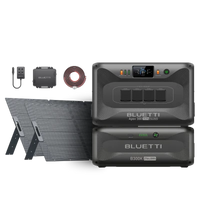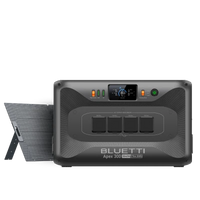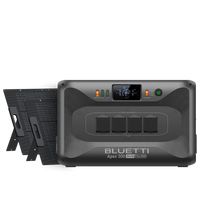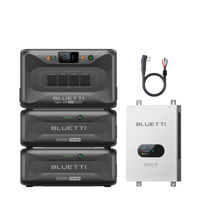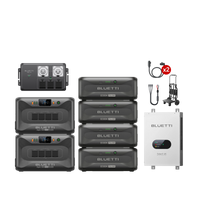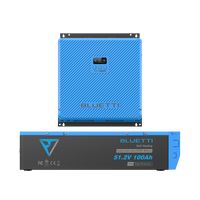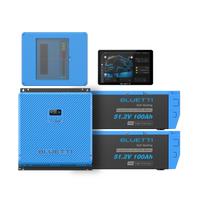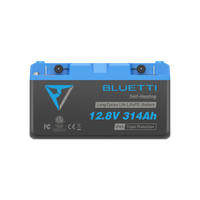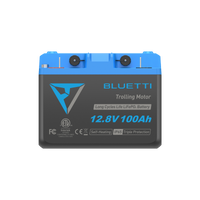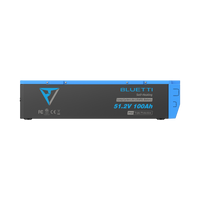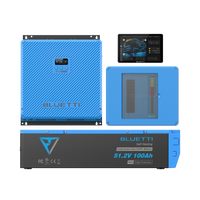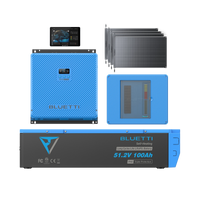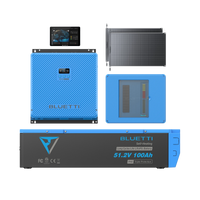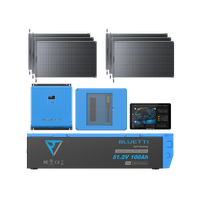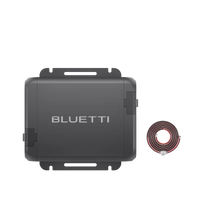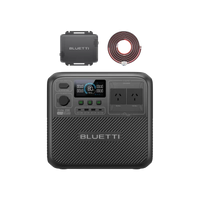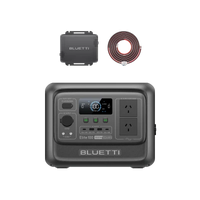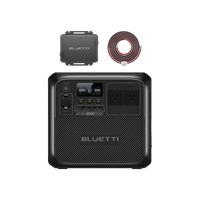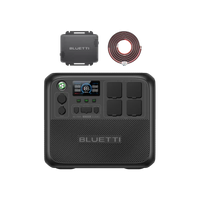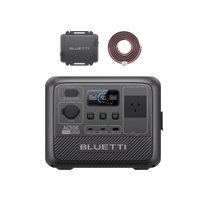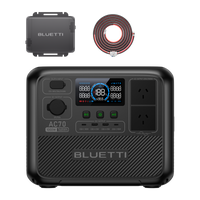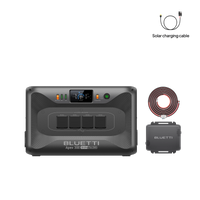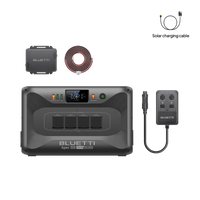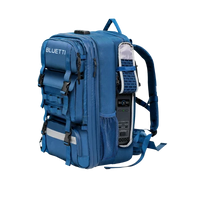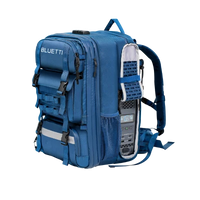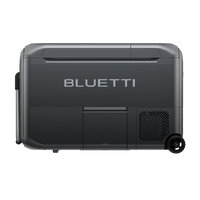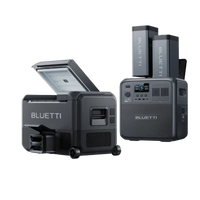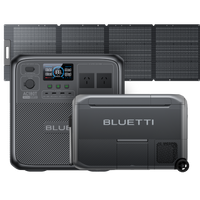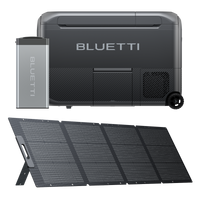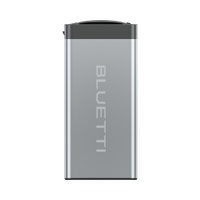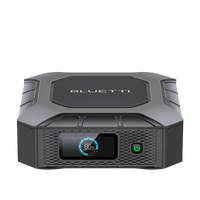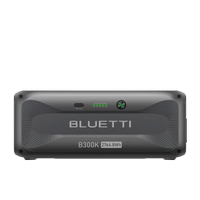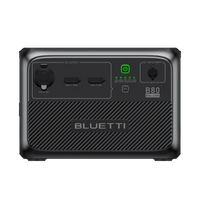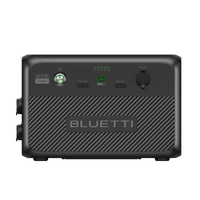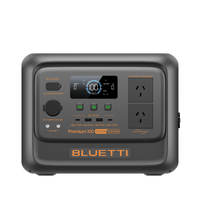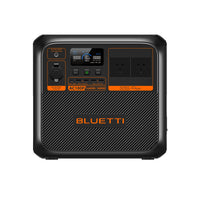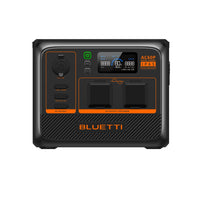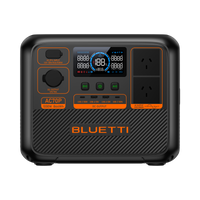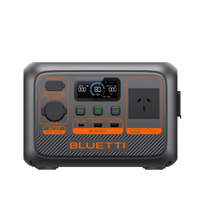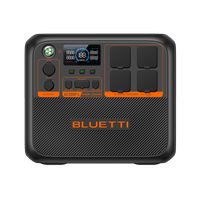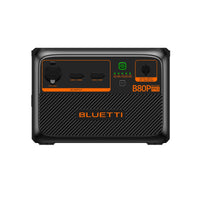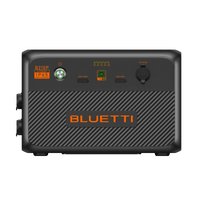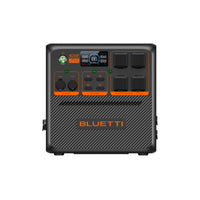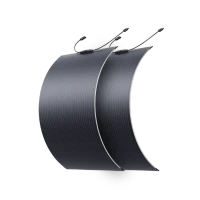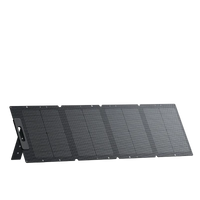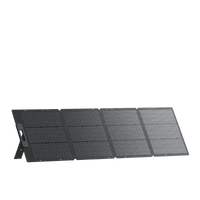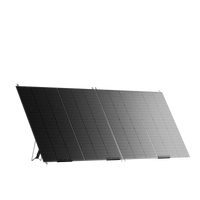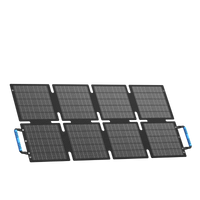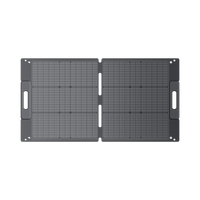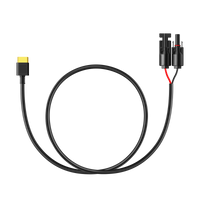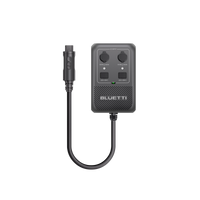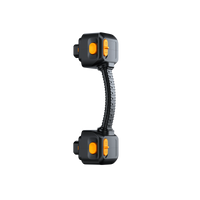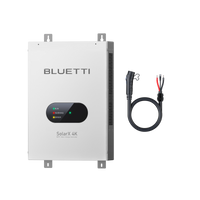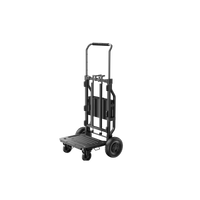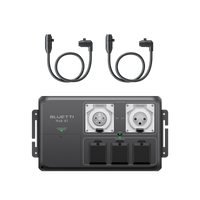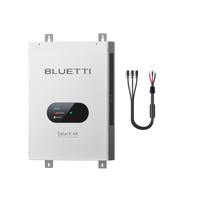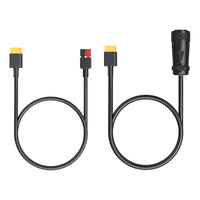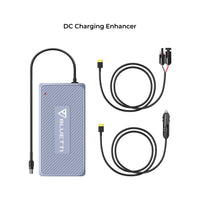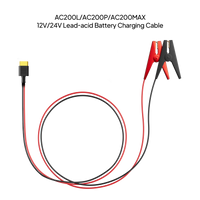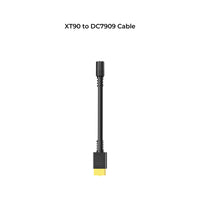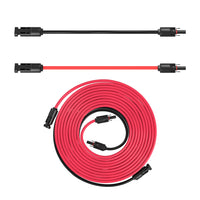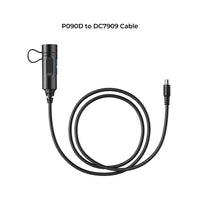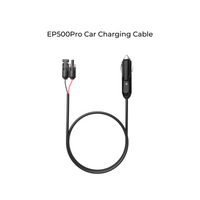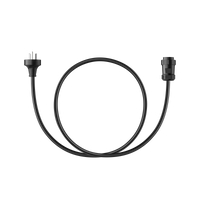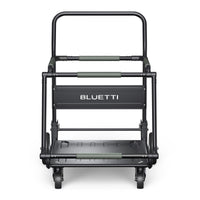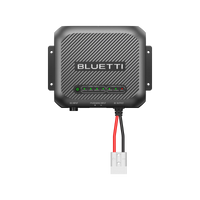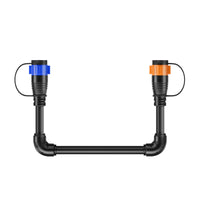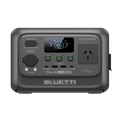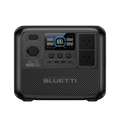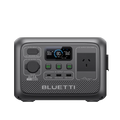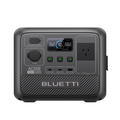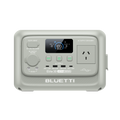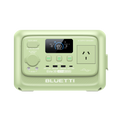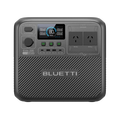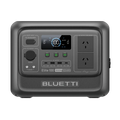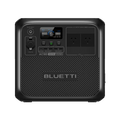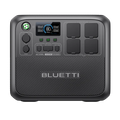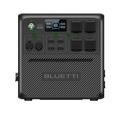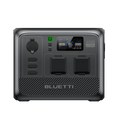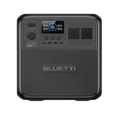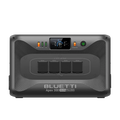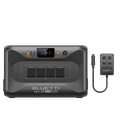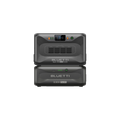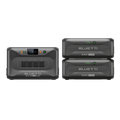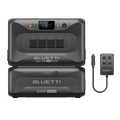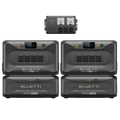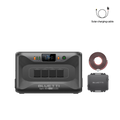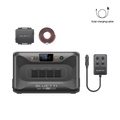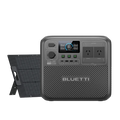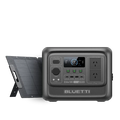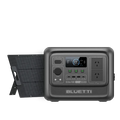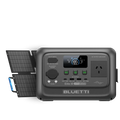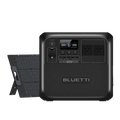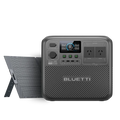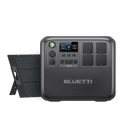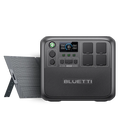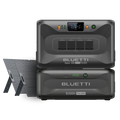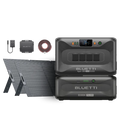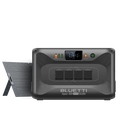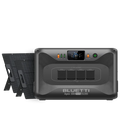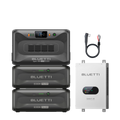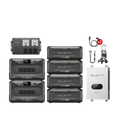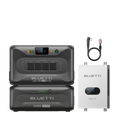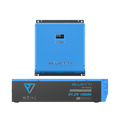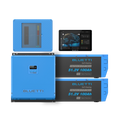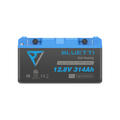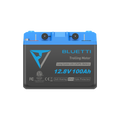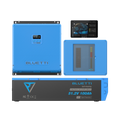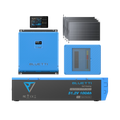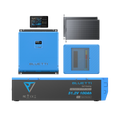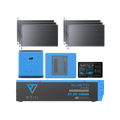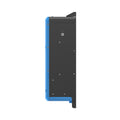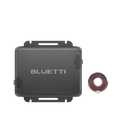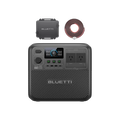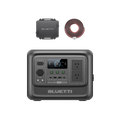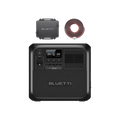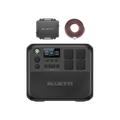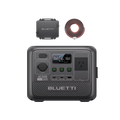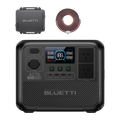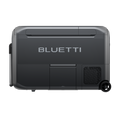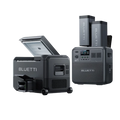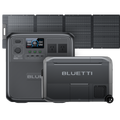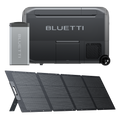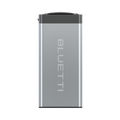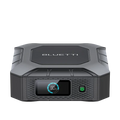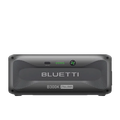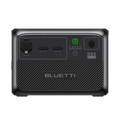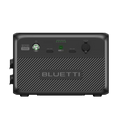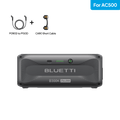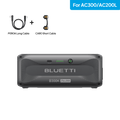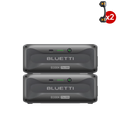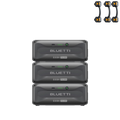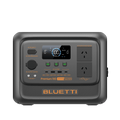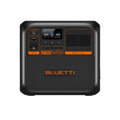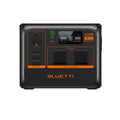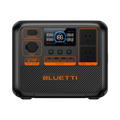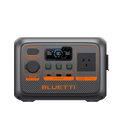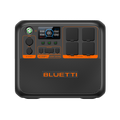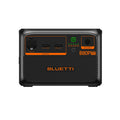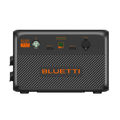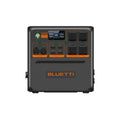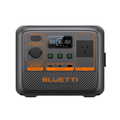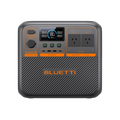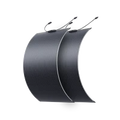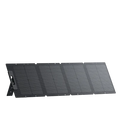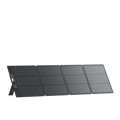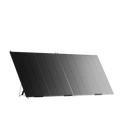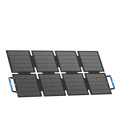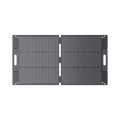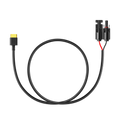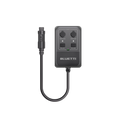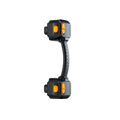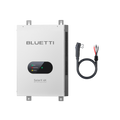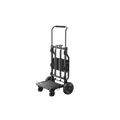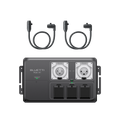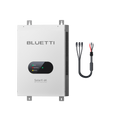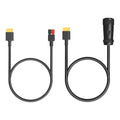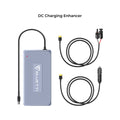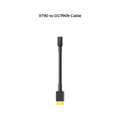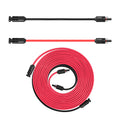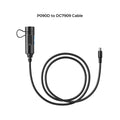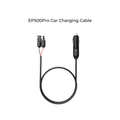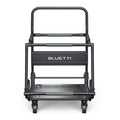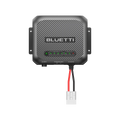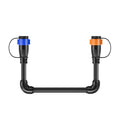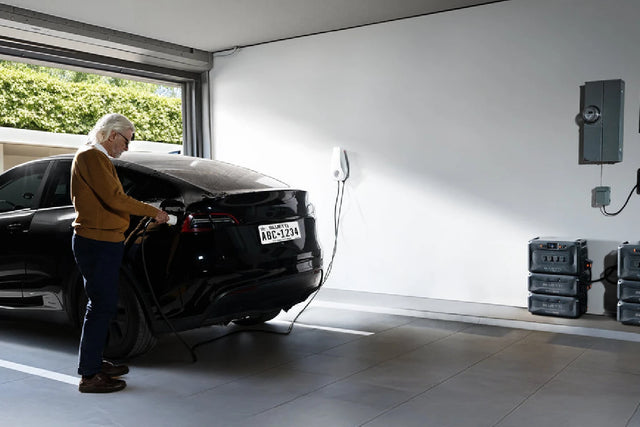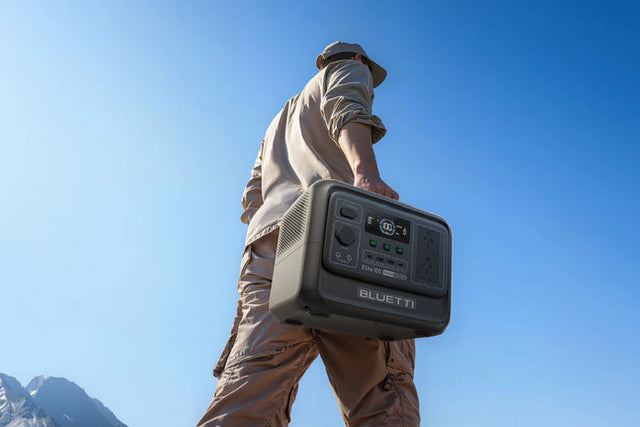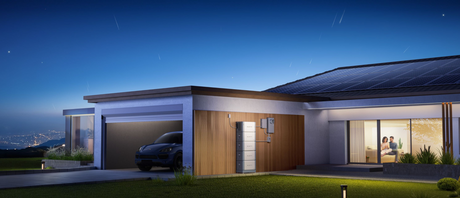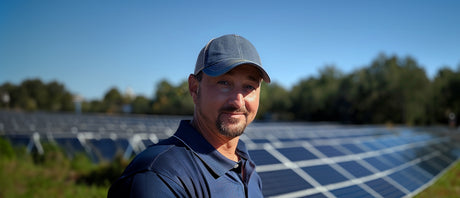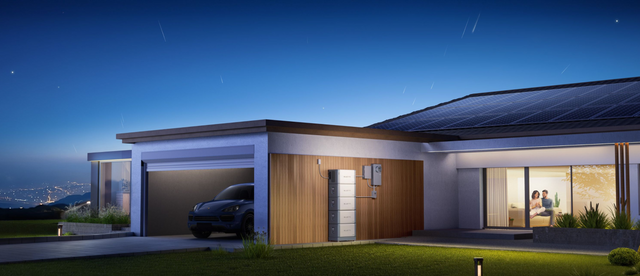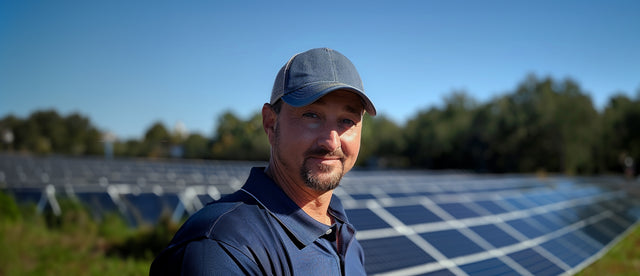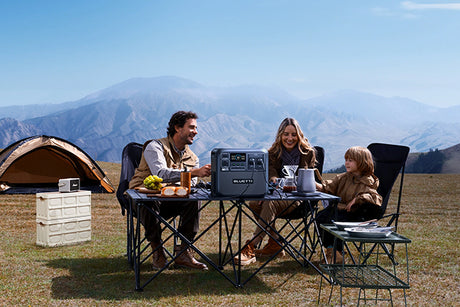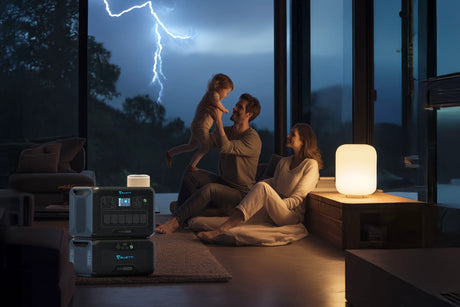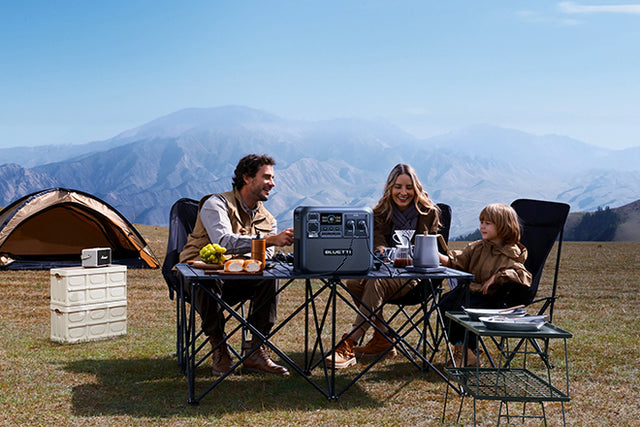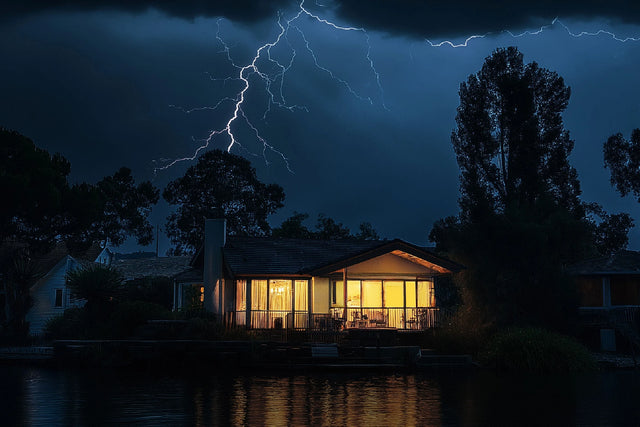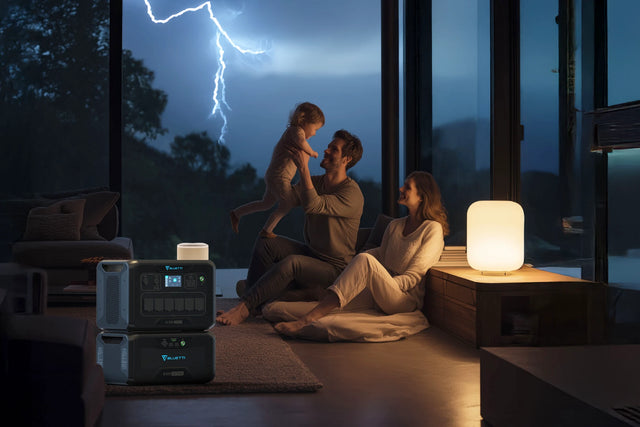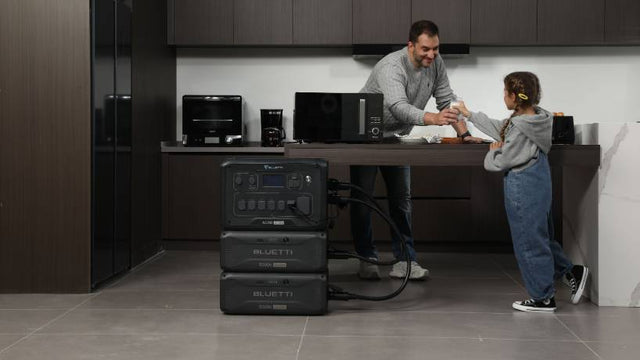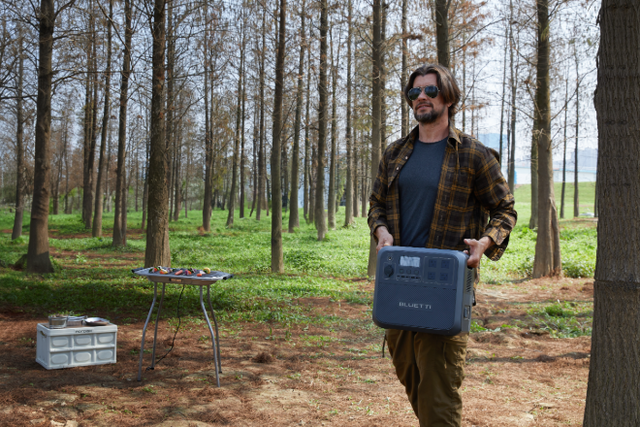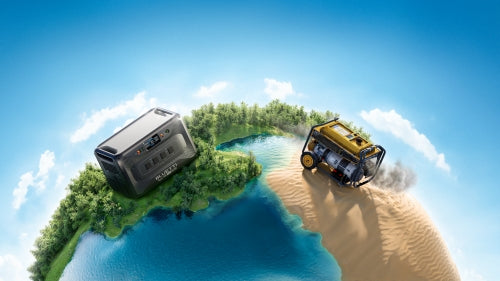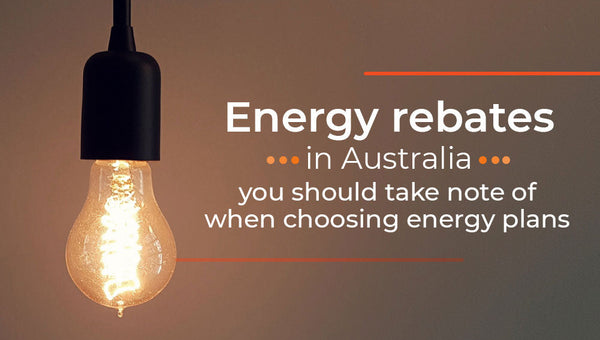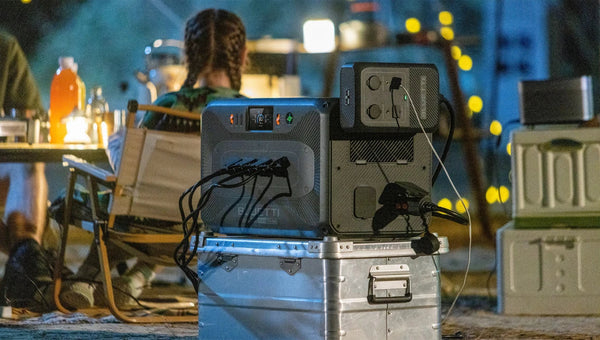Are you getting tired of your phone dying mid-conversation? Is your laptop begging for a charger just as you hit peak productivity? If you need a battery for your busy life, then Lithium Iron Phosphate (LFP) batteries might be the answer. They offer amazing safety, long lifespans and can work well with your home solar panels. However, buying a new battery requires some consideration and planning. In this blog, we will discuss whether LFP batteries are right for you.
What are LFP Batteries
An LFP battery is a type of rechargeable battery. It is gaining popularity due to its amazing features and reliability. LFP stands for Lithium Iron Phosphate. Unlike ordinary lead-acid batteries, LFP batteries have a strong and safe cathode. This makes them safer and longer-lasting. LFP batteries use lithium-ion tech with iron phosphate. This mix improves their performance and stability. Also, they have a faster discharge rate and work in electric vehicles, renewable energy, and other uses. These applications need long-lasting, high-performance energy storage.
Advantages of LFP Batteries
- Safety First: Safety is a top concern with any battery. The good news is that LFP batteries are incredibly stable. Compared to other lithium-ion batteries, they are much less likely to overheat or catch fire. So you can relax knowing your devices and home are in safe hands.
- Long-lasting Champions: LFP can last for over 2,000 charging cycles, which is significantly more than other types. That translates to years of reliable power without needing a replacement.
- Sun Power Buddies: Are you thinking of going green with solar panels? LFP batteries are perfect partners. They can store and release the sun's energy when needed. This makes them ideal for off-grid living reducing your reliance on the grid.
- Fast Forward to Charging: LFP batteries can handle high charging currents. So you can recharge them fast and get back to using your devices without delay.
- Temperature Extremes? No problem. Some batteries need more maintenance during hot or cold weather. LFP batteries perform very well throught the year and different climates and weather conditions. This makes them a versatile choice.
Disadvantages of LFP Batteries
While LFP batteries are pretty impressive, there are a few things to keep in mind:
- Though LFP batteries are like many new technologies they cost more at first than other options. However, their extended lifespan and safety features can make them a worthwhile investment in the long run.
- LFP batteries might not be best for super slim gadgets. These gadgets need maximum power density. They offer slightly less energy per kilogram. This is compared to some other lithium-ion battery types.
- LFP batteries have a slower discharge rate. They are not ideal if you need a battery that can release its power in a short burst, like a camera flash. They have a slightly slower discharge rate compared to some alternatives.
- LFP batteries are lighter than lead-acid batteries, but they aren't the lightest. This might be a consideration for weight-sensitive applications like drones.
- LFP batteries typically have a slightly lower voltage than some other lithium-ion batteries. This requires adjustments in certain devices designed for specific voltage ranges.
Applications of LFP Batteries
Here are some of the applications of LFP batteries
Solar & Energy Storage
LFP batteries are often used in home solar systems that helps create a self-sufficient energy source for your home. Plus, these types of batteries can store large amounts of energy to use in winter and rainy seasons or at night. Moreover, portable solar systems like BLUETTI AC200L with LFP batteries are easy to carry anywhere for energy needs.

Electric Vehicles (EVs)
EV vehicles have an LFP battery that is quick to charge and offers great power to an RV or car. This type of battery also performs well in extreme temperatures for consistent performance, making EV vehicles best for all-weather driving.
Portable Electronics
Nowadays, almost every electronic device comes with LFP battery. Be it a smartphone, laptop, e-reader, or anything else all devices have LFP batteries. They are long-lasting and are easy to charge. You can charge them with power bank, wireless charger, USB-C port, and solar power. Being lightweight, LFP batteries are first choice for companies making portable electronic devices.
Wireless Security Systems
Being long -lasting, LFP batteries are widely used in different types of wireless security systems. Ensure reliable power for security cameras with around-the-clock monitoring. Also, it requires less maintenance and fewer battery replacements.
Most Reliable LFP Batteries for Solar Backup- BLUETTI
If you have a battery issue and are looking for a reliable solar backup, BLUETTI is a wonderful option. They offer a wide range of the latest solar home power stations with advanced technology and new features. For example, the BLUETTI AC200MAX Expandable Power Station is the most efficient system. It comes with a guarantee of LFP and 3,500+ life cycles, which is up to 80%.
This solar power station from BLUETTI is a great option for people who love to travel. You can easily charge your battery with a solar or AC adapter and experience fast charging of 1400W max. It comes with a smart monitor and control, which you can use through the BLUETTI App. It is really a one-of-a-kind innovation and a one-stop solution for your energy backup needs.

Another great option from BLUETTI is the BLUETTI B210 Expansion Battery | 2,150Wh, which gives you 3000+ lifecycles. Many BLUETTI customers appreciate their battery for being water- and dust-resistant. This is a wonderful feature of using solar energy, even in the most extreme conditions. This sturdy battery offers amazing features like a 6-year warranty, USB-A, USB-C, and 12V Car Port.
Moreover, the ultramodern and reliable LFP batteries offer a lifespan of over ten years, making them a perfect investment. If a power shortage is giving you nightmares, this expandable battery is a wonderful solution. You can stack it with other BLUETTI batteries to increase its capacity and enjoy an uninterrupted power supply.

LFP Battery vs. Lithium-Ion: Understanding the Differences
There are some critical differences between LFP and Lithium-ion batteries. These are as follows:
Chemistry
- LFP:
Lithium Iron Phosphate (LiFePO4) uses a stable phosphate compound as the cathode material.
- Lithium-ion:
This is a bigger category. It includes many lithium-ion battery types. These include Lithium Cobalt Oxide (LiCoO2). Also, Lithium Nickel Manganese Cobalt (NMC) and Lithium Nickel Cobalt Aluminum (NCA).
Safety
- LFP:
LFP batteries are known for their exceptional thermal stability. They are less likely to overheat or catch fire, making them a safer choice for various applications.
- Lithium-ion:
The safety characteristics of lithium-ion batteries can vary depending on their specific chemistry. Some batteries are more prone to thermal runaway. This is when the battery rapidly heats up and can potentially ignite.
Lifespan
- LFP batteries boast an impressive lifespan, typically lasting up to 10 years or more with proper care.
- Lithium-ion batteries have varying lifespans. This depends on their chemistry and how they are used. They may generally have a slightly shorter lifespan than LFP batteries.
Energy Density
- LFP: LFP batteries offer a good balance of energy density and safety. They can store a significant amount of energy in a compact size.
- Some lithium-ion battery chemistries, like NMC, have higher energy density. They have more than LFP batteries. This means electric vehicles will have a longer range. And, portable electronics will have slimmer designs.
Cost
- LFP batteries might cost a bit more up front. This is compared to some types of lithium-ion batteries.
- The cost of lithium-ion batteries can vary depending on the specific chemistry. Some high-performance lithium-ion options might be more affordable than LFP batteries.
Applications
- LFP batteries are safe and last a long time. They are ideal for applications that value these factors. This includes solar and energy storage, electric vehicles (especially for commercial fleets), marine applications, and medical devices.
- Lithium-ion batteries have multiple uses and are popular in many fields. People might prefer high-performance lithium-ion batteries for electric vehicles, which are focused on extended range. However, safety concerns might be a consideration for some applications.
Conclusion
LFP batteries are an excellent alternative for powering your house or company. Due to their high reliability and safety features, they are a much better option than lead-acid batteries. These batteries offer value-for-money options and are perfect for diverse energy needs. So, what are you waiting for? Bring home your LFP battery and experience an energy companion today!
